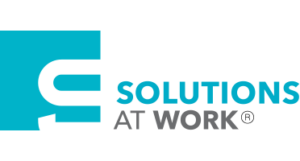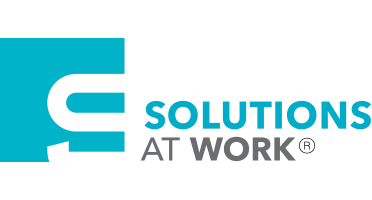Today’s workforce is dramatically changing, influenced by trends like the retirement of baby boomers and the widespread use of the internet and social media. Recruitment strategies must also change in order to keep pace with technological advancements. For example, the paper application process has largely been replaced by electronic HR technologies. LinkedIn, Facebook, your company website, and e-mail can attract candidates from all over the world to your workplace. Your company must invest in these options and strategically implement technology into your recruitment process.
Implementing new recruitment technologies can also help companies reach younger workers who depend on the internet to find new job opportunities. For example, millennials (adults aged 19 to 35 in 2016) now make up the largest share of the American workforce. Millennials have surpassed Generation X and Baby Boomers as the largest share of the American workforce according to an analysis from the Pew research Center.
The sheer number of millennials in the workforce prompts the question: what are you doing to prepare your workplace for the next generation of employees? It is critical to understand what millennial employees value in order to ensure that they’re a good fit for your workplace.
What Millennials Want
Like any other generational group, millennials want to be treated as individuals with unique opinions and needs, meaning that you should not make assumptions about the values of your millennial employees without talking to them first. However, for the purpose of this blog post, we will explore some of the generational values that impact the recruitment and retention of millennial employees.
An “Always On” Approach
Technology is blurring the lines between work and free time, making it possible for employees to communicate via text, videoconferencing, or email at all hours of the day. This “always on” approach to work means that many millennials seek a flexible schedule that allows them to work anywhere and any time of the day. Does your company allow this kind of flexibility, or do you expect your employees to work in the office from nine to five? What guidelines would you have to change over the next three years in order to implement more flexible schedule?
Constant Feedback & Collaboration
Unlike baby boomers, who believes that knowledge is power and operate on a “need-to-know” basis, millennial employees constantly want to know “why.” They want to know why they’re being asked to perform a certain task, and how they can provide value to the larger organization. Additionally, they don’t want to be limited by hierarchy or role, and look for collaboration opportunities with managers, executives, and other employees. They crave teamwork, constant feedback and transparency.
Millennials want to hear feedback from their superiors in order to better understand what they they’re doing well and what they need to improve upon. The traditional annual review is not enough for millennials: they want regular touch points with their superiors in order to better understand and improve their performance. Millennials want to believe that their work matters, which makes positive feedback a big motivator for them.
Morals Over Money
It would be wrong to say that millennials don’t care about money: they have bills to pay just like any other adult! However, employers must be aware that money is not the primary driver for millennials, which means they’re looking for more than a paycheck from the company they work for. Does your company compete for employees based on pay alone, or do you offer your employees a fun workplace and creative fringe benefits like the ability to work from home?
Millennials want their work to be meaningful and have a societal purpose. They want to have fun at work and are more apt to continue working at a company if their friends work there too. Most millennials are environmentally conscious, and want to work for companies that that give back to their communities. Where does your company stand in terms of eco-friendliness and community involvement? You may be losing out on millennial talent if these things don’t matter to your business.
Are you prepared to recruit and retain millennial employees? If you don’t prepare now, your company will ultimately lose out on this talent. Now is the time to strategize your recruitment efforts and gain an understanding of how to better target millennial employees.
Are you struggling with hiring or recruitment? Contact Solutions At Work to learn more about our innovative job placement services, and how we can help your company better recruit and retain employees in this challenging market.


